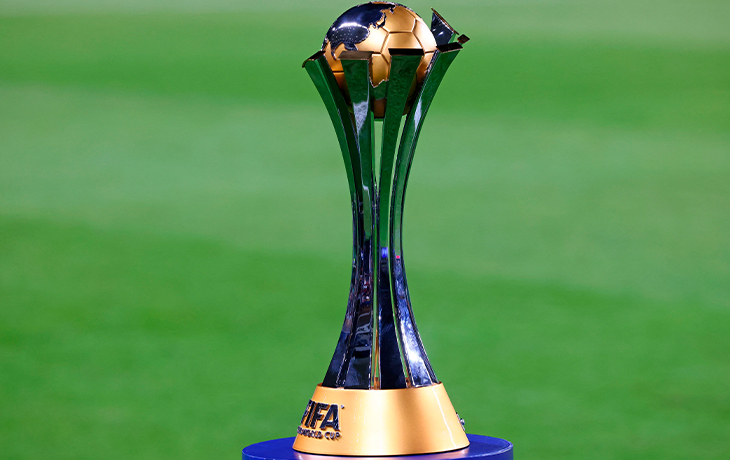Despite the fact that the 2021 edition may be the last under the current format, there remains resistance to change.
The win of Chelsea against Palmeiras in the Club World Cup final might herald the demise of the current system. Since 2019, FIFA have been considering a “Super Mundial” with 24 teams, however the plans have been met with criticism.
The tournament was supposed to start in China in 2021, but the pandemic threw a wrench in the preparations, and it was downsized to seven clubs. The Club World Cup may now be competed for a good cause, with the goal of making the World Cup a biennial event.
Relive the new Club World Cup and find out why FIFA’s plans have not yet come to fruition!
What would FIFA’s “Super World” look like?
Before we get into the controversy surrounding the “Super Mundial,” it’s crucial to remember how FIFA came up with the idea for the new structure in the first place. Currently, the six champions from each continent compete in a knockout competition with the host country’s representative, with the European and South American teams advancing straight to the semifinals.
The Club World Cup would be staged every four years under the revised model, with 24 teams, eight European and six South American, competing. They’d be split into eight groups, each with three teams, with the winner of each group going to the quarterfinals. The method for qualifying for the World Cup has yet to be determined.
Representatives from all continents are represented in the current arrangement, which was adopted in 2005. Previously, FIFA did not organize the competition, which was known as the European/South American Cup and merely consisted of a single match between the champions. The plan now is to bring in even more teams from throughout the globe.
Entity promises millionaire quotas for clubs
The major reason for the format change is a desire to create a more financially lucrative competition that appeals to European clubs. FIFA President Gianni Infantino said while unveiling the plans, that teams would be charged a significant price to participate.
The Club World Cup is now unpopular in the organization because it does not provide sufficient financial returns. The corporation spent US$22 million to prepare the last edition before the pandemic, which took place in 2019, and produced US$23 million in sales, resulting in a profit of only US$1 million.
The pandemic, however, threw the preparations into doubt, as the money needed to sponsor the event became increasingly difficult to come by. As a result, the 2021 edition of the Super Mundial was postponed, and FIFA reverted to the original format for the competition.
European calendar and World Cup are obstacles
The World Cup is still being planned by football’s governing body, but it does not seem to be an easy process. The European football schedule is the biggest roadblock. The event is now held in the midst of the season, however if held in June, it would coincide with the players’ vacation.
Furthermore, the Super Mundial clashes with FIFA’s plan to stage the World Cup every two years. The attraction is, once again, a financial one. According to the entity’s finances, this new event has the potential to generate an additional US$ 4.4 billion in income. The club competition, on the other hand, would generate an additional $1 billion in revenue.
The two biggest confederations, UEFA and Conmebol, however, are opposed to the biannual Cup. If the initiative is pursued, they want to have a side event, complicating FIFA’s aim. There’s also the prospect of adding South American teams to the Nations League.
FIFA met with the associations again in December to examine the potential of decreasing the time between World Cups, but little progress was made. Meanwhile, the Club World Cup seems to be losing steam inside the organization.
2022 edition is not confirmed
Meanwhile, it’s uncertain if the 2022 Club World Cup will go ahead. According to UOL, FIFA did not include the tournament in its season budget. The previous edition, which was won by Chelsea, was held due to a sponsorship agreement in existence, despite the fact that the deal is only valid until 2022.
In addition, owing to the climate in the area, the World Cup in Qatar will be held in November and December. Because the Club World Cup is traditionally staged in December, this might be another roadblock to its fulfillment.
As a result, it is impossible to predict if FIFA will build the World Cup or whether the yearly Club World Cup will remain. At present time, 2025 seems to be the most plausible year for the Confederations Cup to take place. However, nothing has been finalized, and the event may be postponed for a few years.



